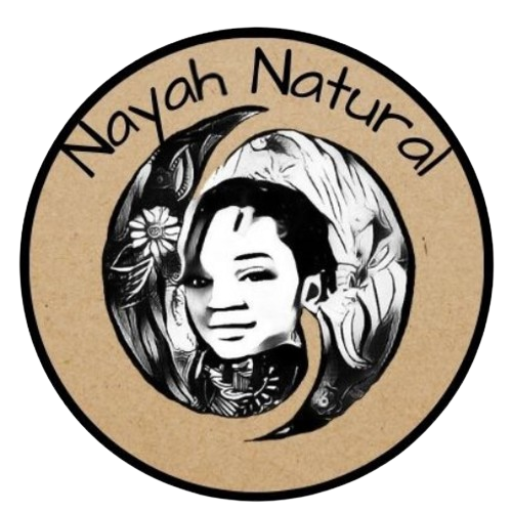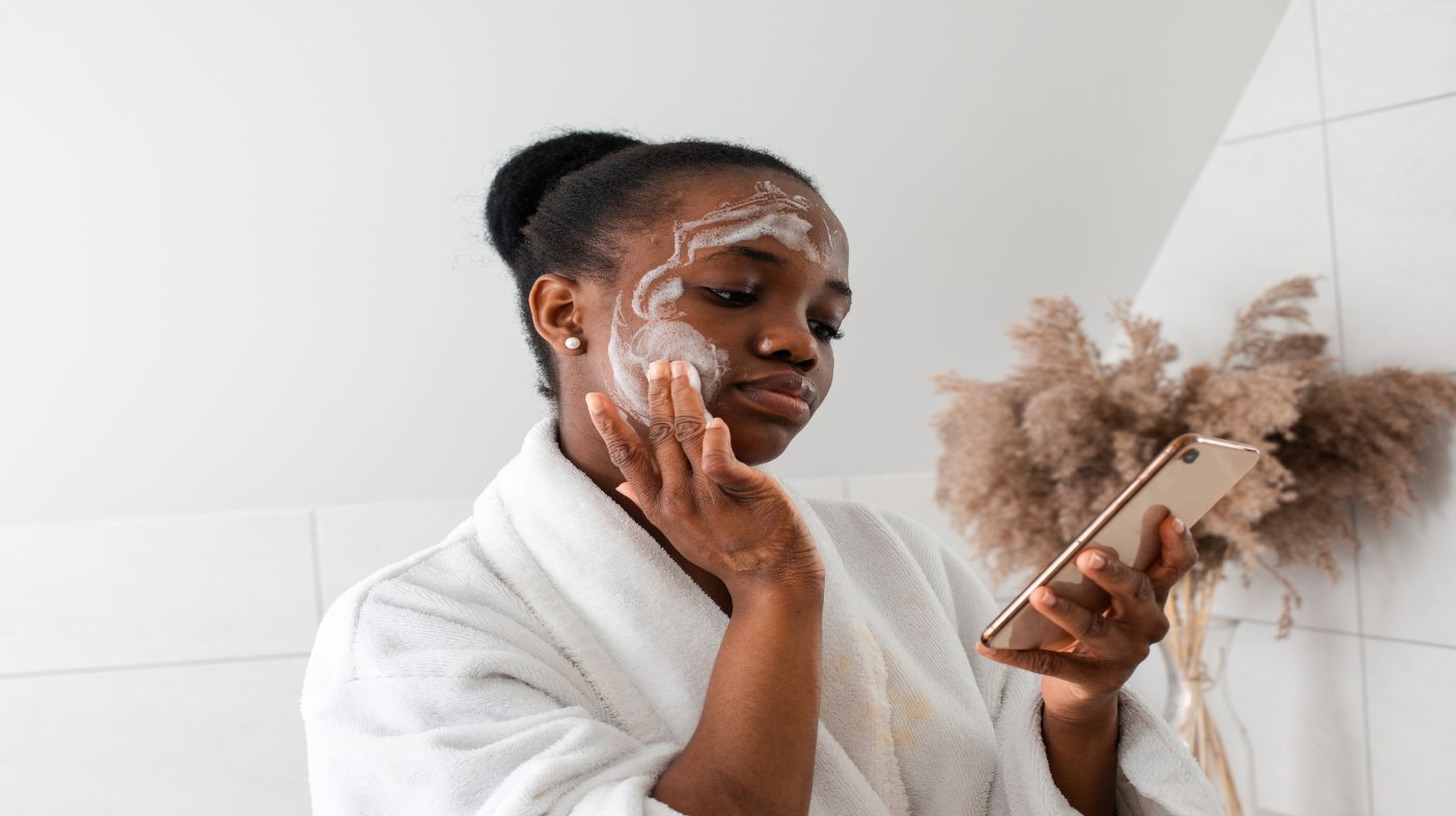Shea Butter
Shea butter has been used for thousands of years and it is good for the skin as well as the hair.Lets learn more about shea butter and it’s properties and how it can help the skin have a healthier glow.
What is Shea Butter?
Shea butter is a fat extracted from the nuts of the African shea tree (Vitellaria paradoxa). It is solid at room temperature and has an off-white or ivory color. Known for its rich texture and moisturizing properties, shea butter is widely used in cosmetics, skincare, and hair care products. It contains high concentrations of fatty acids and vitamins, making it an excellent emollient and skin conditioner.
Where Did Shea Butter Come From?
Shea butter originates from West Africa, where the shea tree is indigenous. It has been a vital part of African culture and tradition for centuries, used for both its nutritional and therapeutic properties. The process of extracting shea butter involves collecting, drying, and crushing the shea nuts, followed by roasting and grinding them to extract the oil. This labor-intensive process has been perfected by generations of African women, who often use it for cooking, medicinal purposes, and cosmetic applications.
How Long Has It Been Used for Hair?
Shea butter has been used for hair care for centuries, particularly in African cultures. Traditionally, it has been used to protect hair from the harsh sun and dry climate, as well as to keep it moisturized and manageable. Its deep conditioning properties have made it a staple in hair care routines, especially for those with curly or coily hair types. In recent decades, shea butter has gained global recognition and is now widely incorporated into commercial hair care products.
Benefits of Using Shea Butter for Your Hair
Shea butter offers numerous benefits for hair health:
Deep Moisturization: Shea butter is an excellent moisturizer, penetrating the hair shaft to hydrate and condition hair deeply.
Reduces Frizz: Its emollient properties help to smooth the hair cuticle, reducing frizz and enhancing manageability.
Promotes Hair Growth: Rich in vitamins A and E, shea butter nourishes the scalp and strengthens hair follicles, promoting healthy hair growth.
Prevents Breakage: By providing essential nutrients and moisture, shea butter helps to prevent hair breakage and split ends.
Protects from Damage: Shea butter forms a protective barrier around hair strands, shielding them from environmental damage and heat styling.
Benefits of Using Shea Butter on Your Skin
Shea butter is also highly beneficial for skin care:
Intense Hydration: Shea butter’s rich, creamy texture makes it an excellent moisturizer for dry skin, keeping it soft and supple.
Soothes Irritation: Its anti-inflammatory properties help to soothe skin irritations, such as eczema, psoriasis, and dermatitis.
Heals and Repairs: The fatty acids and vitamins in shea butter promote skin healing and repair, making it effective for treating minor cuts, burns, and scars.
Anti-Aging: Shea butter’s high concentration of antioxidants, including vitamins A and E, helps to combat free radicals, reducing the appearance of fine lines and wrinkles.
Protects Skin: It provides a protective barrier that helps retain moisture and shield the skin from environmental damage.
Pros and Cons of Using Shea Butter
Pros:
Natural and Safe: Shea butter is a natural product, generally safe for most people to use on their skin and hair.Versatile: It can be used for various purposes, from moisturizing and soothing to healing and protecting.
Nutrient-Rich: Shea butter is packed with essential fatty acids, vitamins, and antioxidants, which provide numerous health benefits.
Suitable for All Skin Types: It is generally suitable for all skin types, including sensitive skin.
Cons:
Heavy Texture: Shea butter can be quite thick and greasy, which may not be suitable for everyone, particularly those with oily skin or fine hair.
Comedogenic: It has a moderate comedogenic rating, meaning it can clog pores for some people, potentially leading to acne breakouts.
Allergic Reactions: Although rare, some individuals may be allergic to shea butter and experience skin irritation or redness.
Overuse Issues: Using too much shea butter on hair can lead to buildup, making hair feel heavy and greasy if not washed out properly.
In summary, shea butter is a highly beneficial natural product with a rich history of use in hair and skincare. While it offers numerous advantages, it’s essential to use it appropriately and consider individual skin and hair types to avoid potential drawbacks.

